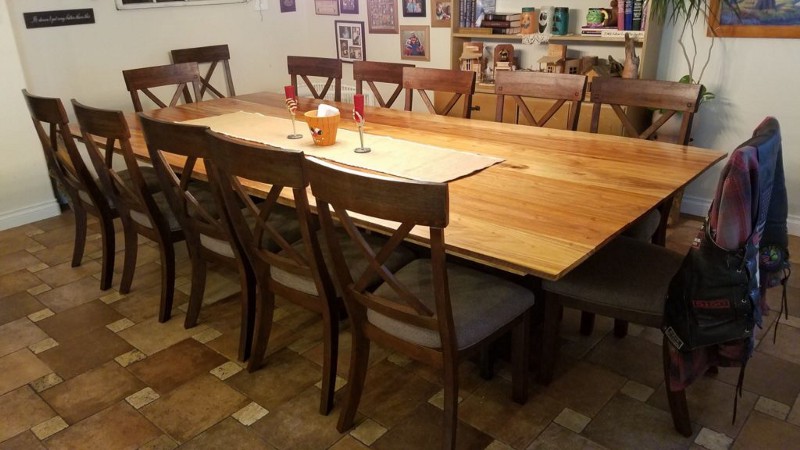How to Parent Using the Seniority Method
Back in the day (yes, I just said that), when it was time to go somewhere, you’d quickly call “shotgun” to get the front passenger seat. It was a quick form of victory. If you weren’t driving, then being the co-pilot was the next best spot in the vehicle. Though playing the seniority card could trump this play.

In our home, we do many things based on seniority. When my boys and I would run somewhere, no matter who went, the senior most son in age was entitled to the co-pilot seat. If one of the younger brothers jumped in that spot, the elder son would just have to walk up and shake their head at them, thus demoting them to a spot in the backseat.
There were times, though not common, when one of the elder brothers would let a younger sibling have the front seat. Ironically, this was not a concession of power, but a wise wielding of their seniority and a quick way to gain a little shot of loyalty from the younger sibling. This, of course, was also a smart move, as invariably there would be a need to gain votes on things of importance during a few of our family democratic votes around the dining table.
Another point of seniority in our home was the sitting arrangement at the dining table. I sat at the head of the table; my wife to the left of me and daughter to the right. By age, my five sons would then choose where they wanted to sit. My eldest son would choose the opposite head of the table, straight across from me. Then the rest of the boys would filter in and choose the remaining spots.

Once and a while, someone would suggest (aka: complain) that we switch up spots. I would have everyone stand away from the table, I would select my spots, followed by my wife and daughter. My sons would go through their ritual of choosing their seats, and everyone would basically sit in the same spots again. This exercise usually ended with a good laugh and me shrugging my shoulders at the son that initiated the exercise.
The only hope for moving around the table was through attrition. As a son would leave the home, this would free up a seat and a short game of musical chairs. As creatures of habit, they rarely strayed, leaving the same seat normally open for a friend or guest.
Along with this form of seniority came a certain level of respect. Younger siblings were to respect the “righteous” requests of their elder sibling. This may sound a little overbearing at times, but you also need to realize that there were expectations of the elder children as well.

They were expected to watch out for their younger siblings, both physically and emotionally. They were expected to take on a role of caretaker when neither my wife nor myself were not there. In all, they were responsible for the wellbeing of their younger siblings. This is not to say that the younger kids were not responsible for their older siblings; it was a collective expectation overall.
Though there were benefits to this seniority, there were also some downfalls. Ask them. No really, ask them. In the older kid’s eyes, the younger kids could do no wrong growing up. I have to admit, the older kids suffered from a little sub-par parenting on my part. I learned how to parent — by trial and error — more on the older kids. I started to get the hang of it by the time the younger kids hit high school.
I view this latter-parenting as “good parenting.” My older kids view this as “lenient-parenting.”

The fun part now is sitting back and watching my own kids with their kids. I wonder how it will pan out as the older kids start making more and more decisions on their own. I wonder if “seniority” will play out the same in their homes. It worked for us.
Originally published at Man Ramblings.
